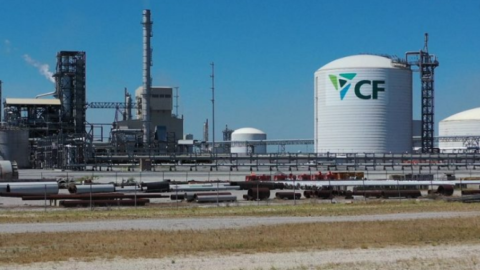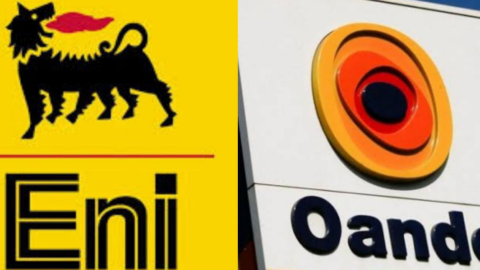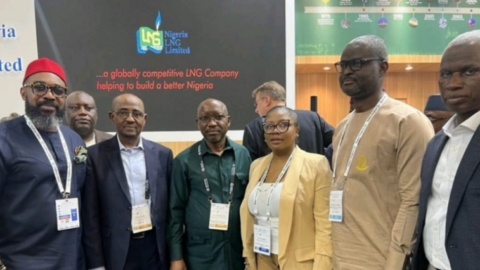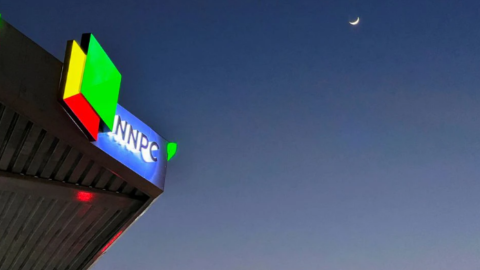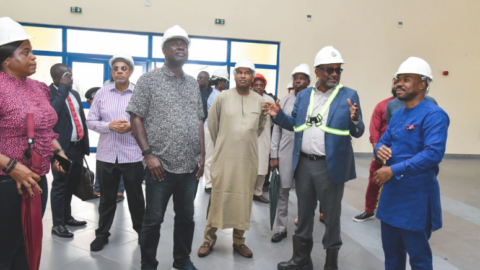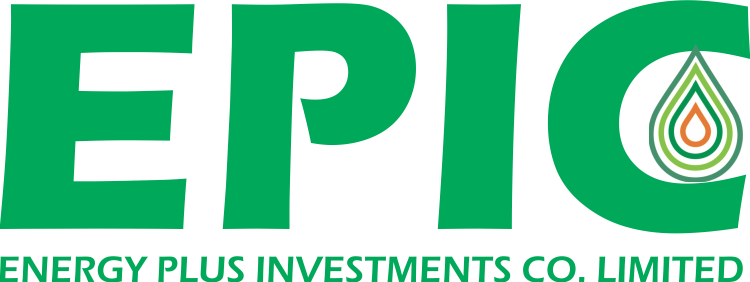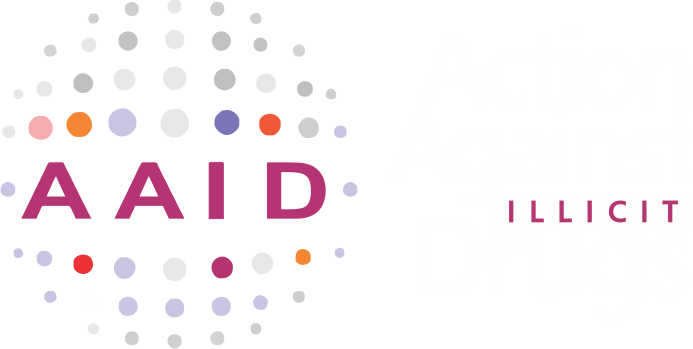Exxonmobil is working judiciously with other companies to accelerate society’s path to net zero especially in the case of...
Eni Now the Latest Energy Giant to Sell Onshore Nigeria assets.
Nogspeed, , Gas News & Reports, Oil & GasEni agreed to sell to OANDO. LG, its Nigerian onshore subsidiary being the latest international energy giant to divest...
Nigerian Gas Association witnessed Gastech 2023 conference, a prestigious gas event in Singapore where Nigerian Decade of Gas agenda...
The Nigeria National Petroleum Company Limited, NNPC, has said that Eni’s subsidiary company did not obtain its consent before...
Reps Speaker Says Nigeria Lost 16.25trn in 11 years From Oil Theft
Nogspeed, , Oil & Gas, Oil News & ReportsAccording to the Speaker of House of Representatives, Tajudeen Abbas, the country lost about $46 billion (16.25 trillion) to...
OCTOPUS ENERGY TO ACQUIRE SHELL’S HOME ENERGY BUSINESS IN UK AND GERMANY
Nogspeed, , Oil & Gas, Oil News & ReportsShell Petroleum Company Limited agreed to sell its home energy business, Shell Energy Retail Limited (SERL) in UK and...
Ado Oseragbaje, the Chief Executive Officer, CEO of Heritage Oil Limited and Heritage Energy Operational Services Limited, HEOSL, has...
African Population Growth Catapulting Energy Demand- Sylva
Nogspeed, , Oil & Gas, Oil News & ReportsThe Honorable Minister of State for Petroleum Resources, Timipre Sylva has doubted the possibility of achieving target delivery of...
Sahara Energy Advocates Policies for Seamless Energy Transition in Africa
Nogspeed, , Oil & Gas, Oil News & ReportsThe Sahara Group has said the 2022 Nigeria Annual International Conference and Exhibition, NAICE, of the Society of Petroleum...



Magazine




- Nigerian Government Raises Electricity Meter Price
 by Nogspeed
by Nogspeed - CF Industries reaches landmark agreement on enabling low carbon ammonia..
 by Nogspeed
by Nogspeed - Eni Now the Latest Energy Giant to Sell Onshore Nigeria assets.
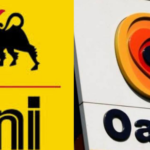 by Nogspeed
by Nogspeed - First Capesize Non-Ice Class and Bulk Carrier Tanker Sail to China Via Northern Sea.
 by Nogspeed
by Nogspeed - NGA Promotes Nigerian Decade of Gas at Gastech, Singapore
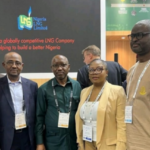 by Nogspeed
by Nogspeed


